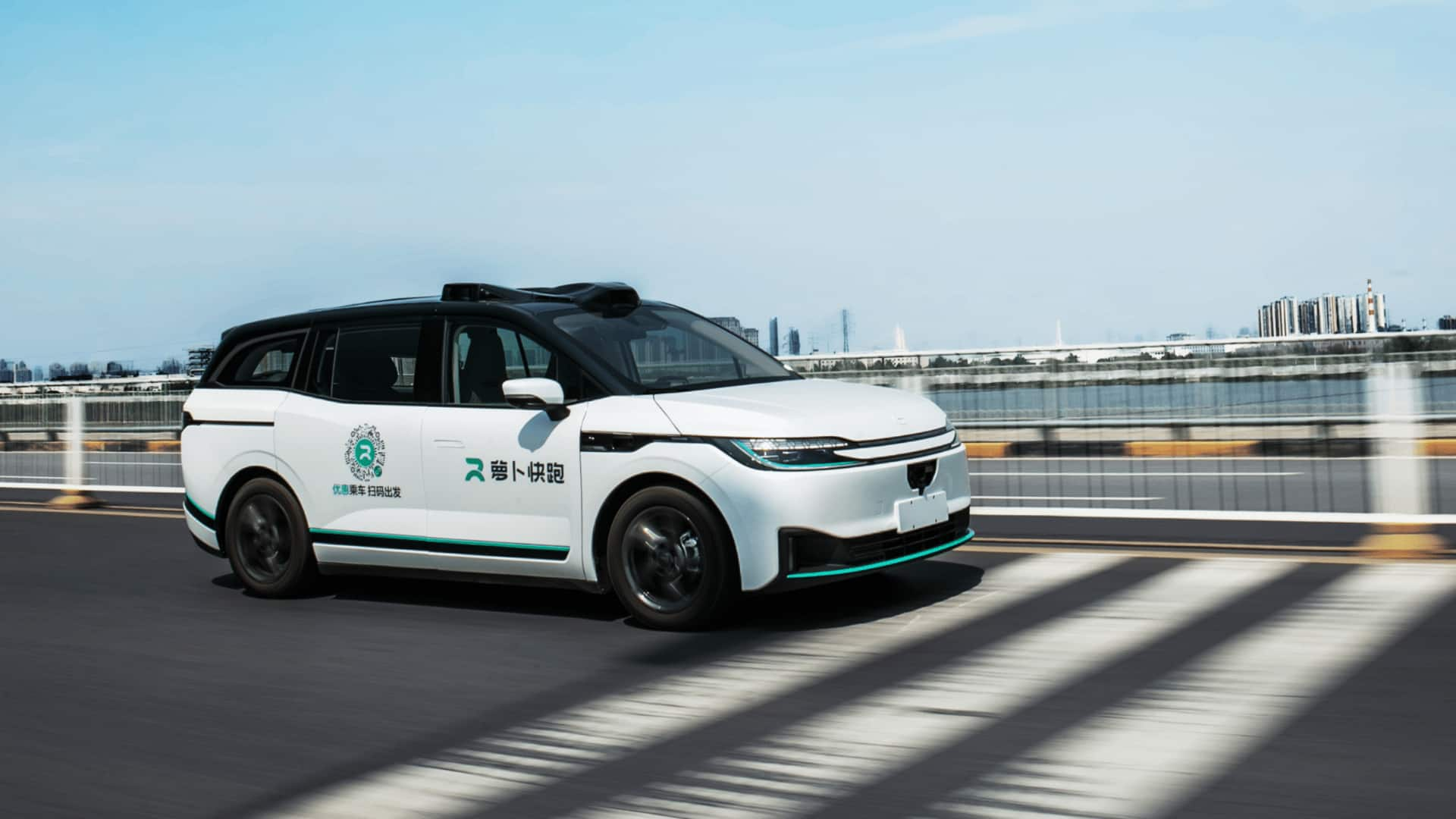
Uber joins forces with China's Baidu to launch robotaxis worldwide
What's the story
Uber has announced a strategic partnership with Chinese tech giant Baidu to deploy thousands of autonomous vehicles across the globe. The first rollouts are expected in Asia and the Middle East later this year. Under this collaboration, Baidu's Apollo Go fleet will be integrated into Uber's ride-hailing platform, expanding affordable rideshare options in new markets.
Partnership details
Over 1,000 driverless vehicles to be integrated into Uber's platform
The partnership will see Baidu's fleet of over 1,000 fully driverless vehicles integrated into Uber's platform. This move comes after Baidu announced plans to expand its autonomous vehicle operations into Europe. The first joint deployments are expected in Asia and the Middle East later this year.
Operational status
Apollo Go has completed over 11 million rides
Baidu's Apollo Go platform has been active in multiple Chinese cities since 2022, including Beijing, Guangzhou, and Shanghai. The service has also expanded internationally to Dubai and Abu Dhabi, now operating over 1,000 fully driverless vehicles across 15 cities worldwide. As of May this year, Apollo Go had completed more than 11 million rides.
Expansion efforts
Uber's global push into autonomous ride-hailing market
The partnership with Baidu is part of Uber's broader strategy to expand its global presence in the autonomous ride-hailing market. Last month, the company launched self-driving ride-hailing services in Atlanta as part of an expanded partnership with Alphabet's Waymo. It has also partnered with other autonomous vehicle companies like Pony AI and May Mobility for similar initiatives. Robin Li, co-founder and CEO of Baidu, called the partnership with Uber a major milestone in deploying their technology globally.